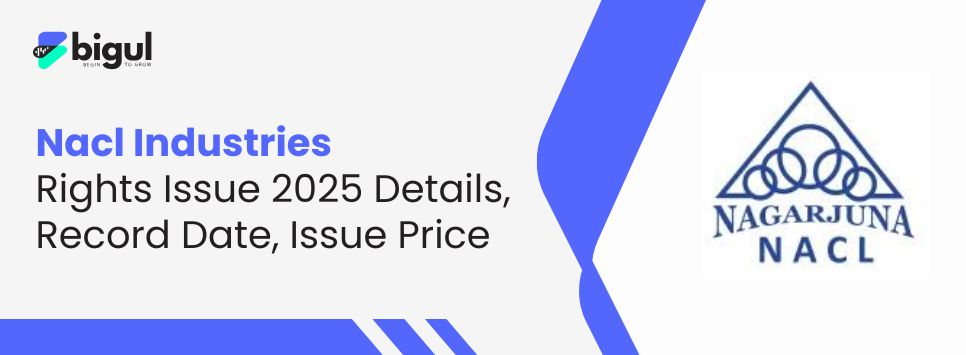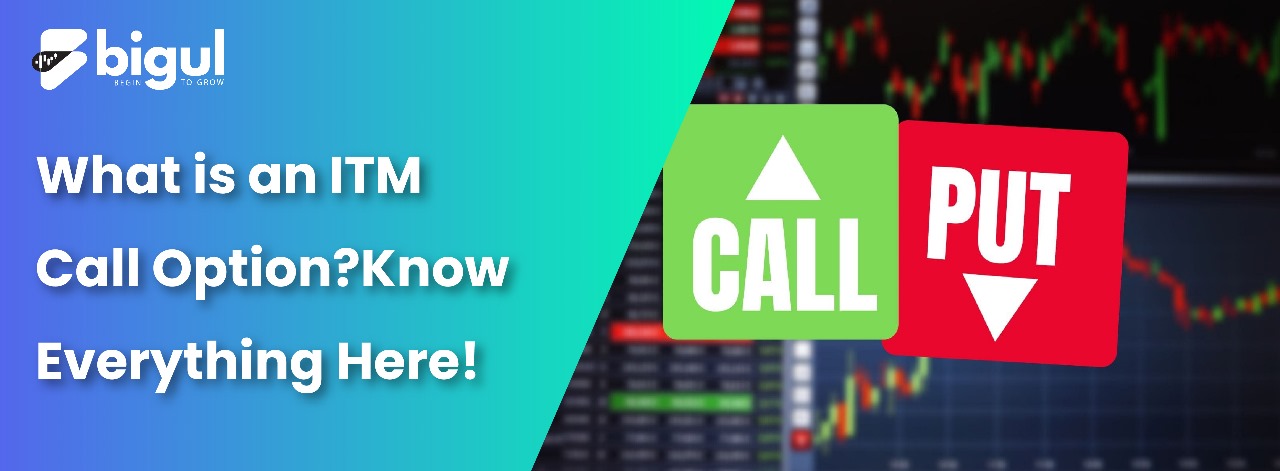Call options work well as short-term substitutes for buying stocks you don’t want to hold for a long time. They fit in any balanced portfolio, letting you make similar profits with less money upfront. You can end the trade anytime or wait until it closes at expiration. The funds you planned for stocks could bring even bigger gains this way. This shows how you can save money instead of spending it right away, countering the idea that you need to spend to earn. “In-the-money” (ITM) is one of the classification terms used to describe an option contract. Let’s explore in-the-money call options to understand them better.
Also Read | What you Need to Know About Option Trading & Strategies
What is In the Money Call option?
An In-Money call option is a financial contract that grants the holder the right, but not the obligation, to buy an underlying asset at a predetermined strike price. It’s considered “In The Money” when the current market price of the underlying asset exceeds the strike price, making the option potentially profitable if exercised. This difference between the market price and the strike price represents the option’s intrinsic value.
Traders often use such options to capitalise on potential price increases and gain from the favourable price differential.
Difference Between In the Money and Out the Money
In options trading, in-the-money and out-of-the-money refer to the relationship between the option’s strike price and the current stock price. An ITM option has a strike price favourable compared to the stock price, leading to intrinsic value.
Conversely, an OTM option’s strike price isn’t favourable, lacking intrinsic value. ITM options often command higher premiums due to intrinsic value, while OTM options are typically less expensive but rely on larger price movements to become profitable.
| Situation | In The Money (ITM) | Out of The Money (OTM) |
| Call Option | Strike < Stock Price | Strike > Stock Price |
| Put Option | Strike > Stock Price | Strike < Stock Price |
| Intrinsic Value | Yes | No |
| Premium Consideration | Higher | Lower |
| Probability of Profit | Higher | Lower |
Factors Influencing ITM Call Options
In options trading, understanding the factors that influence the behaviour of ITM call options is essential for making informed investment decisions. ITM call options are those where the stock’s current market price is above the option’s strike price. Several key factors impact the value and behaviour of ITM call options:
- Stock Price Movement: The movement of the underlying stock price is a pivotal factor affecting ITM call options. When the stock price exceeds the option’s strike price, the option gains value. This occurs as the call holder gains the right to purchase the stock at a price lower than its current market value. As the stock price rises, the ITM call option’s value increases, reflecting its intrinsic value and profit potential.
- Intrinsic Value: The intrinsic value of an option, a key concept in options trading, refers to the built-in profit that would result if the option were exercised immediately. ITM call option, the intrinsic value is the positive difference between the current stock price and the option’s strike price. As the stock price rises above the strike price, the intrinsic value of the option increases, representing the minimum assured profit potential.
- Time to Expiration: The time remaining until the option’s expiration date affects the value of ITM call options. As the expiration date approaches, the option’s time value (extrinsic value) decreases, which can impact the overall option price. Longer time to expiration allows for greater price movements, providing more opportunities for the stock to appreciate further and increase the option’s value.
- Volatility: Volatility measures the extent of price fluctuations in the underlying stock. Higher volatility generally leads to higher option premiums. In the case of ITM call options, increased volatility can contribute to greater potential gains due to larger stock price movements. Conversely, low volatility might limit the potential for significant gains.
- Interest Rates: Changes in interest rates can indirectly impact ITM call option prices. When interest rates rise, the opportunity cost of holding options increases, potentially reducing their demand and influencing their prices. Conversely, lower interest rates may increase the attractiveness of options as an investment.
Benefits of Trading ITM Call Options
In options trading, selecting the right strategies can be crucial to achieving one’s financial goals. ITM call options, where the stock price is above the option’s strike price, offer several advantages for traders seeking exposure to potential price movements. Let’s explore the benefits of trading ITM call options:
- Reduced Risk: ITM call options inherently carry lower risk compared to their out-of-the-money (OTM) counterparts. Since the stock price is already above the strike price, there is intrinsic value in the option. This intrinsic value provides a buffer against potential price drops, reducing the risk of losing the entire premium paid for the option.
- Leveraged Exposure: ITM call options provide traders with leveraged exposure to the underlying stock’s price movements. A relatively small investment in options can yield larger gains compared to directly purchasing the stock. The leverage allows traders to control a larger position size without committing a substantial amount of capital.
- Potential for Higher Returns: When the stock price rises, the value of ITM call options tends to increase more significantly than the percentage change in the stock price itself. This amplified price movement can lead to higher returns for option holders compared to holding the stock outright.
- Lower Breakeven Point: The breakeven point for ITM call options is lower than the stock’s current price due to the intrinsic value of the option. This indicates that if the stock price stays consistent, the option can still make a profit if sold above the breakeven mark.
- Enhanced Portfolio Diversification: Incorporating ITM call options into a diversified investment portfolio can add a layer of flexibility and risk management. These options can act as a hedge or an alternative investment vehicle, enabling traders to tailor their strategies to different market conditions.
Final Words
In essence, an In-The-Money call option signifies an opportunity in options trading where the stock’s value surpasses the option’s strike price. This translates to inherent value, reduced risk, and the potential for leveraged gains. Understanding the dynamics of ITM call options equips traders with a valuable tool to capitalise on price movements while managing risks, enhancing the intricacies of their investment endeavours.
Also Read | The Ultimate Guide to Option Trading

.jpg)
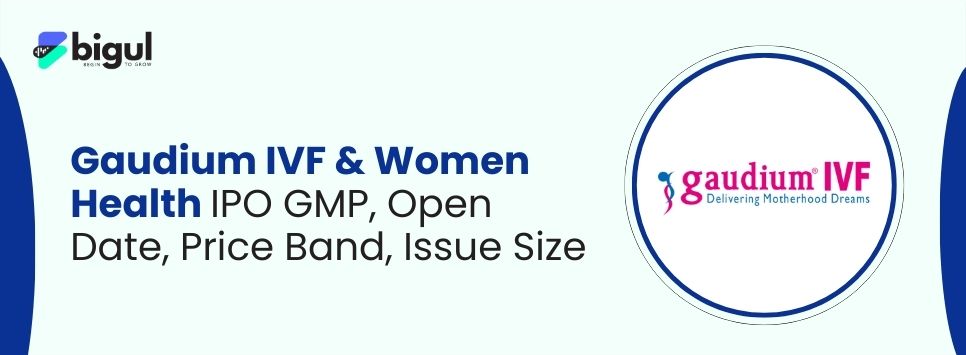
.jpg)

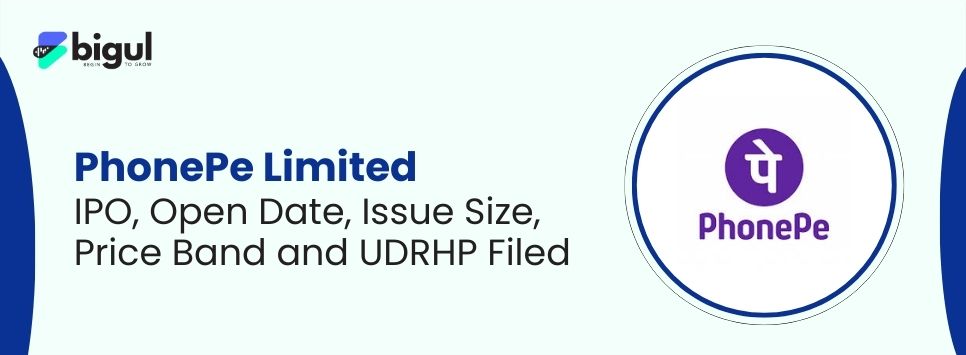

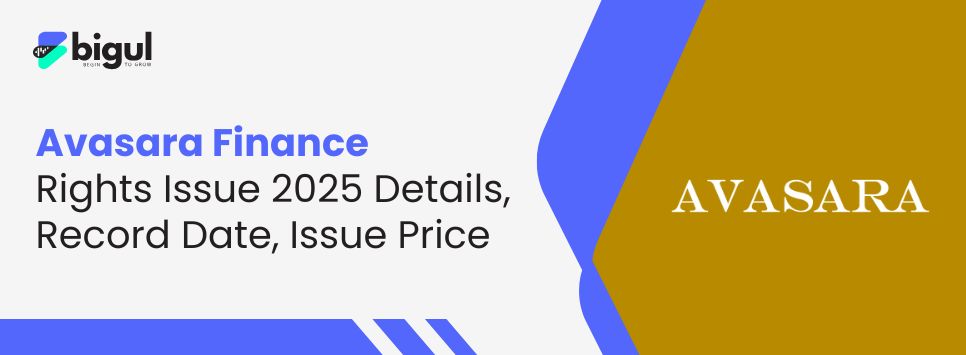
.jpg)

